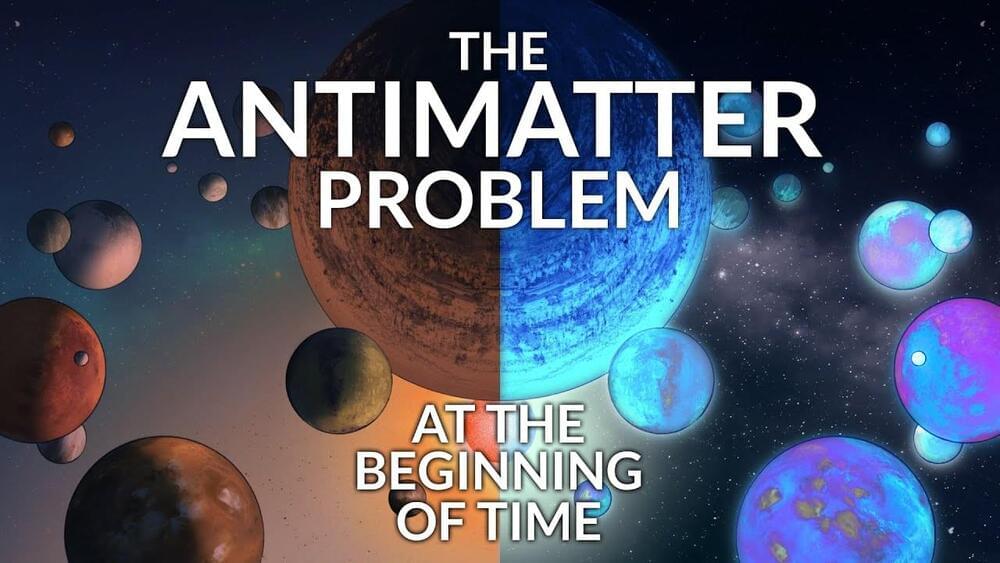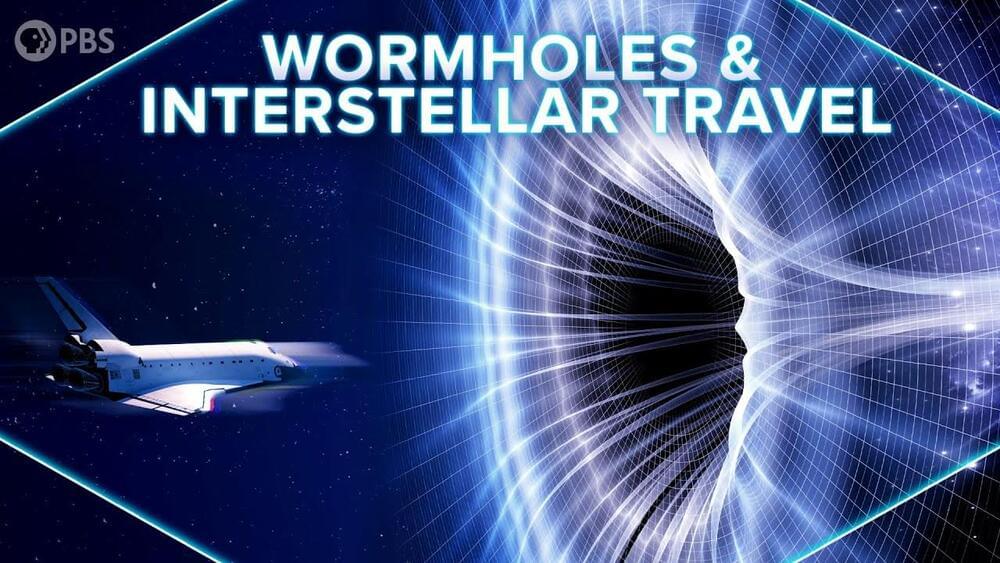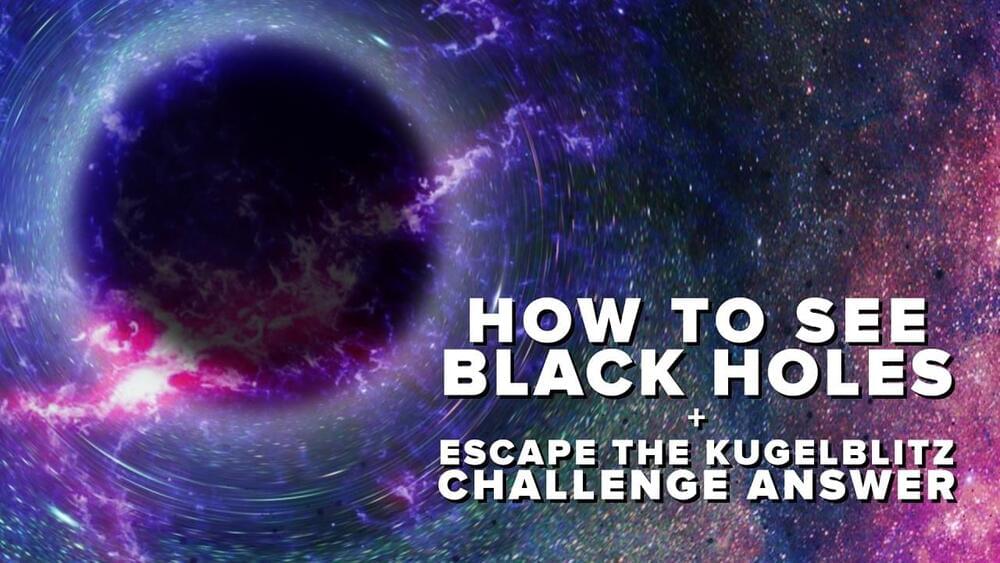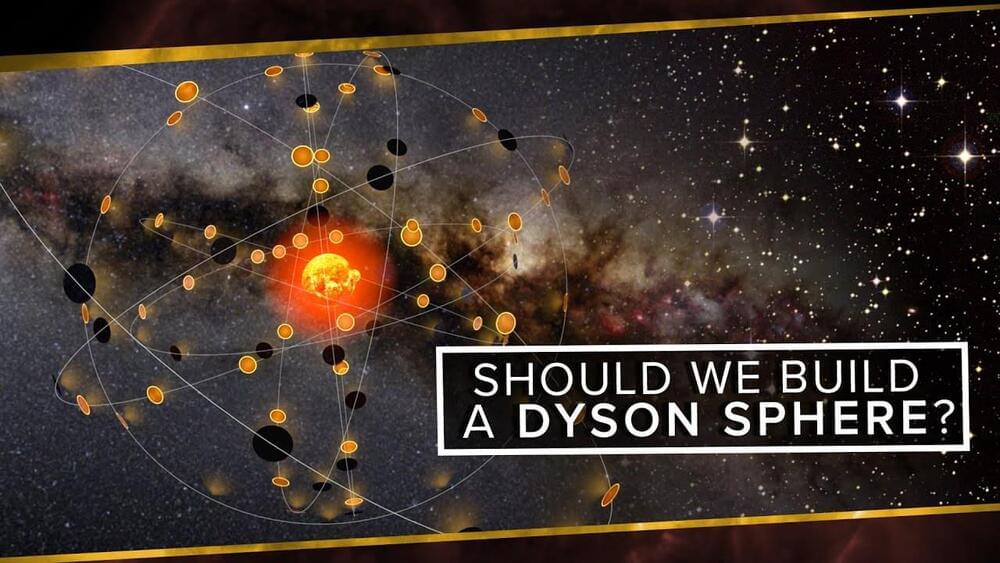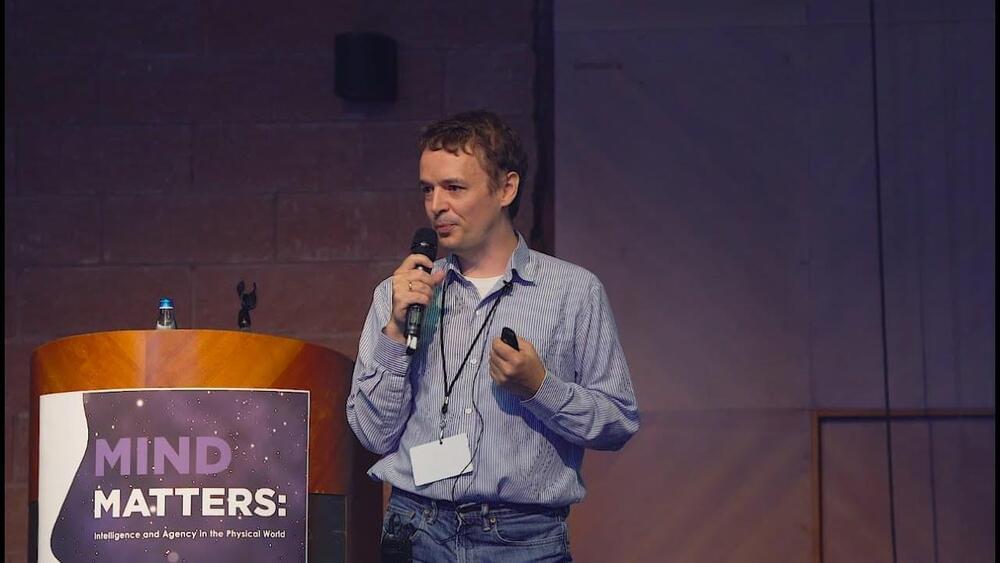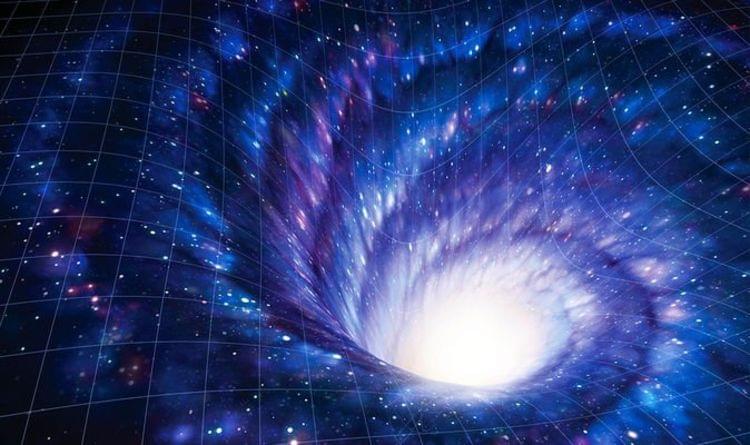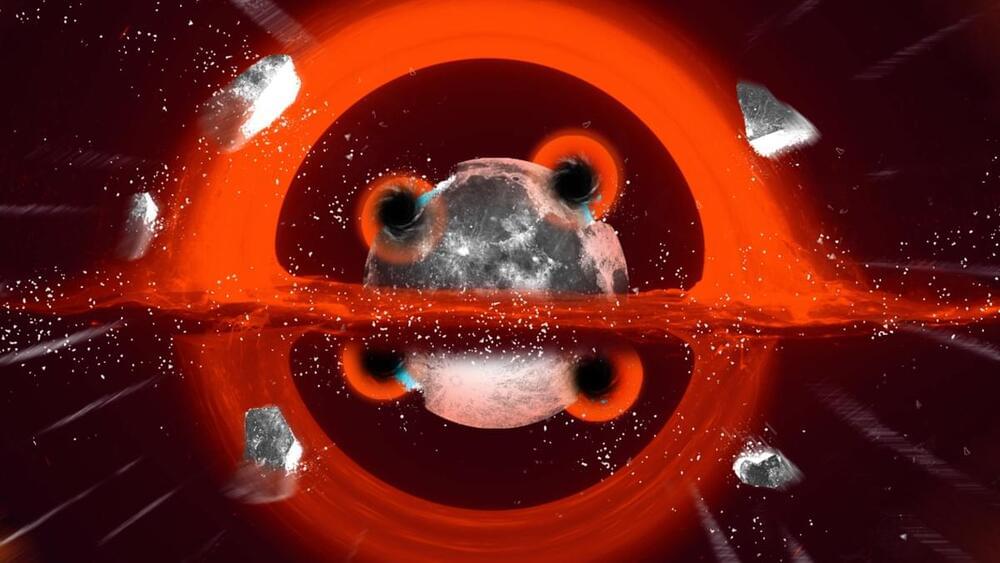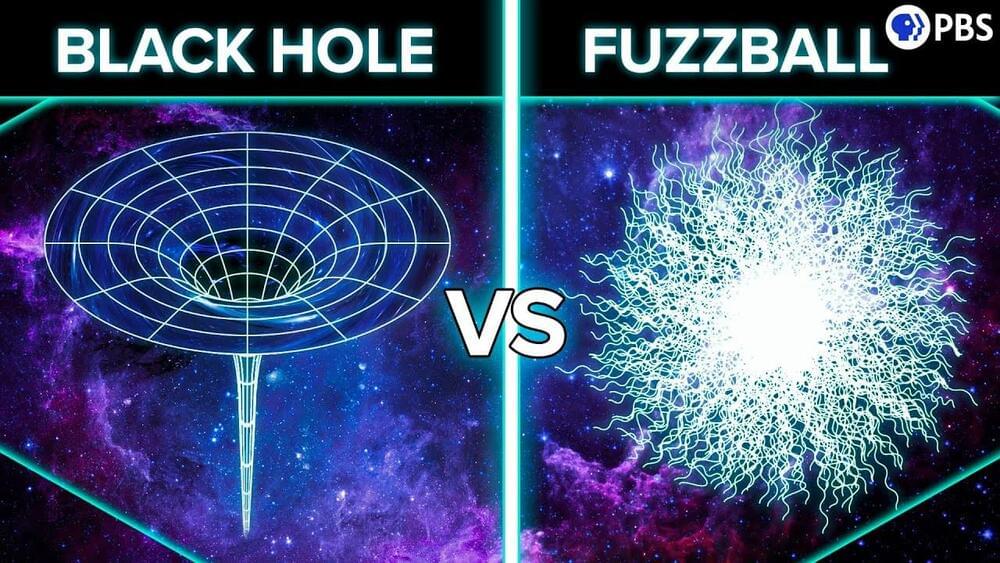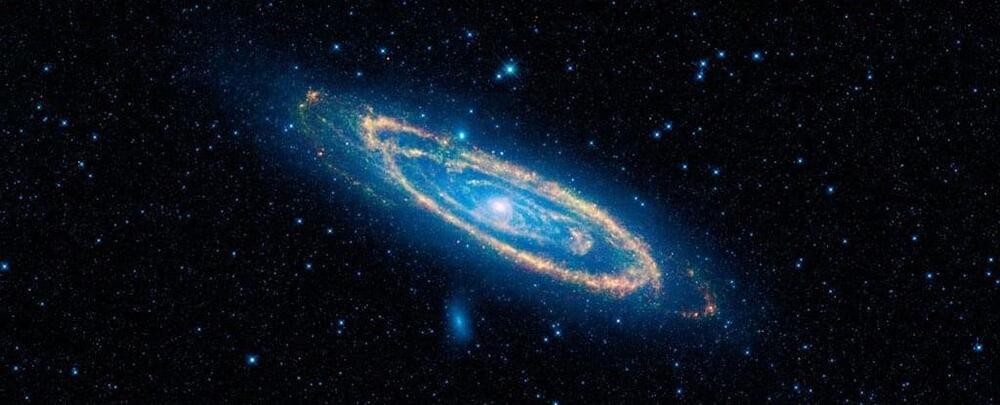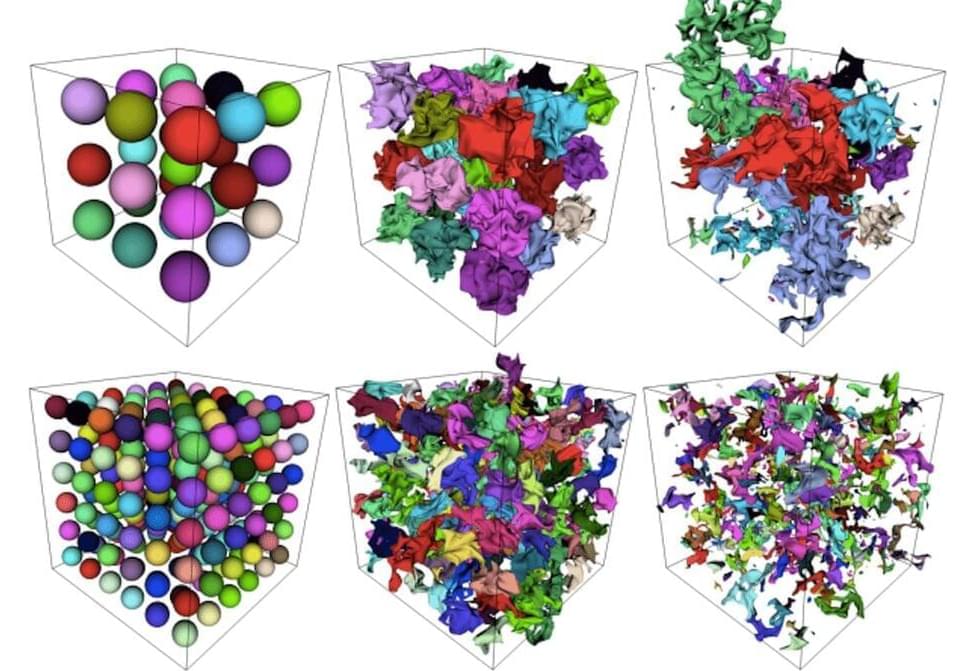
Have you ever experimented with food dye? It can make cooking a lot more fun, and provides a great example of how two fluids can mix together well—or not much at all.
Add a small droplet in water and you might see it slowly dissolve in the larger liquid. Add a few more drops and perhaps you’ll see a wave of color spread, the colored droplets spreading and breaking apart to diffuse more thoroughly. Add a spoon and begin stirring quickly, and you’ll probably find that the water fully changes color, as desired.
Researchers at the USC Viterbi School of Engineering, led by Ivan Bermejo-Moreno, assistant professor of aerospace and mechanical engineering, studied a similar phenomenon with gases at high speeds, with an eye toward more efficient mixing to support supersonic scramjet engines. In the study, published in Physics of Fluids, USC Viterbi Ph.D. Jonas Buchmeier, along with Xiangyu Gao (USC Viterbi Ph.D. ‘20) and former visiting M.Sc. student Alexander Bußmann (Technical University Munich), developed a novel tracking method that zoomed in on the fundamentals of how mixing happens. The study helps understand, for example, how injected fuel interacts with the surrounding oxidizers (air) in the engine to make it operate optimally, or how interstellar gases mix after a supernova explosion to form new stars. The method focuses on the geometric and physical properties of the turbulent swirling motions of gases and how they change shape over time as they mix.
